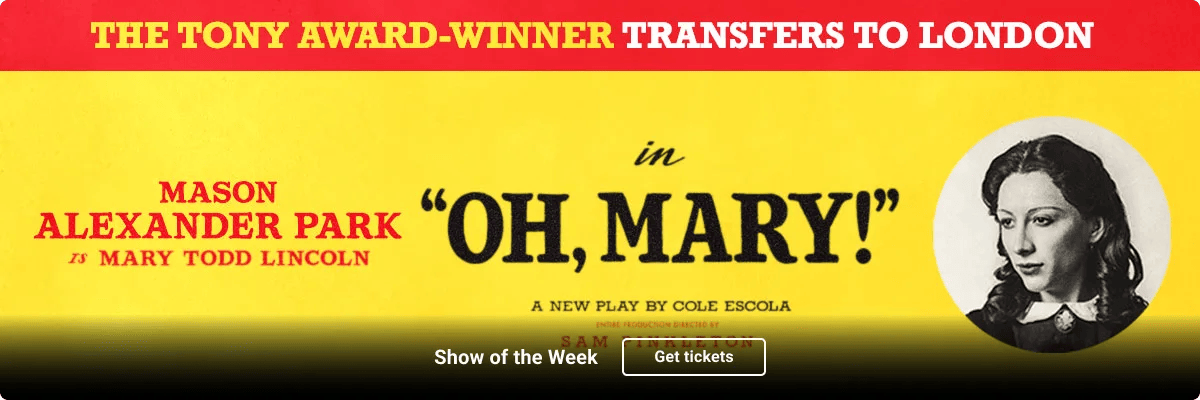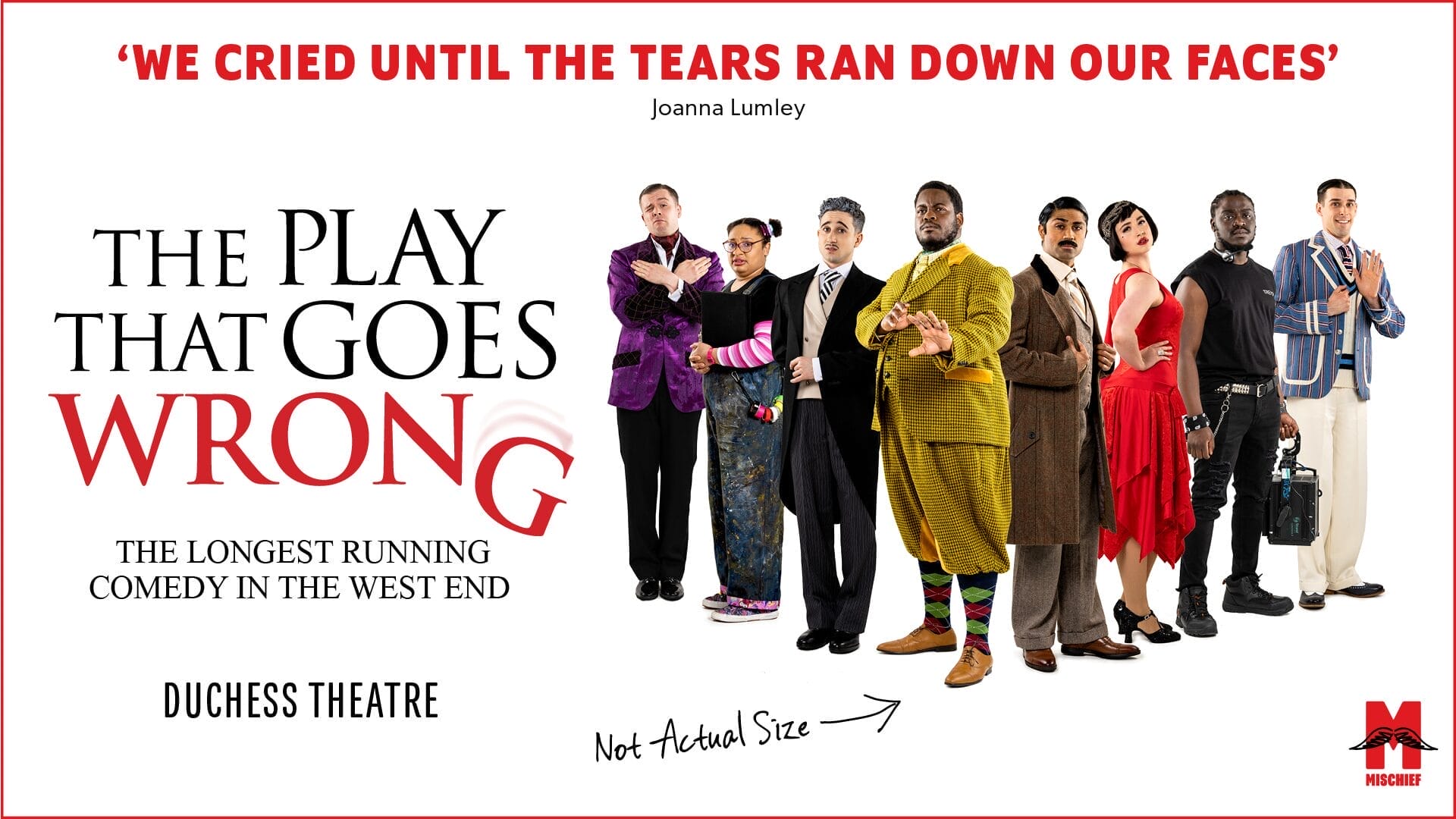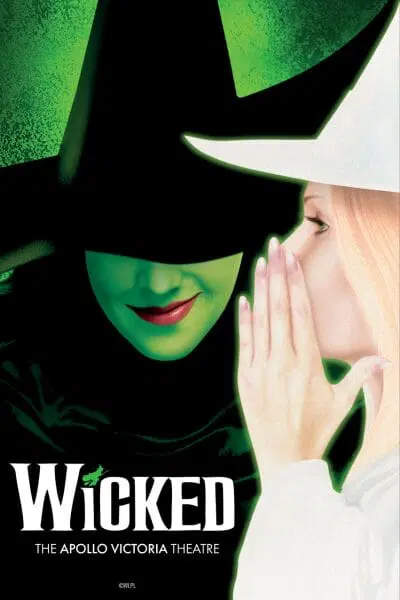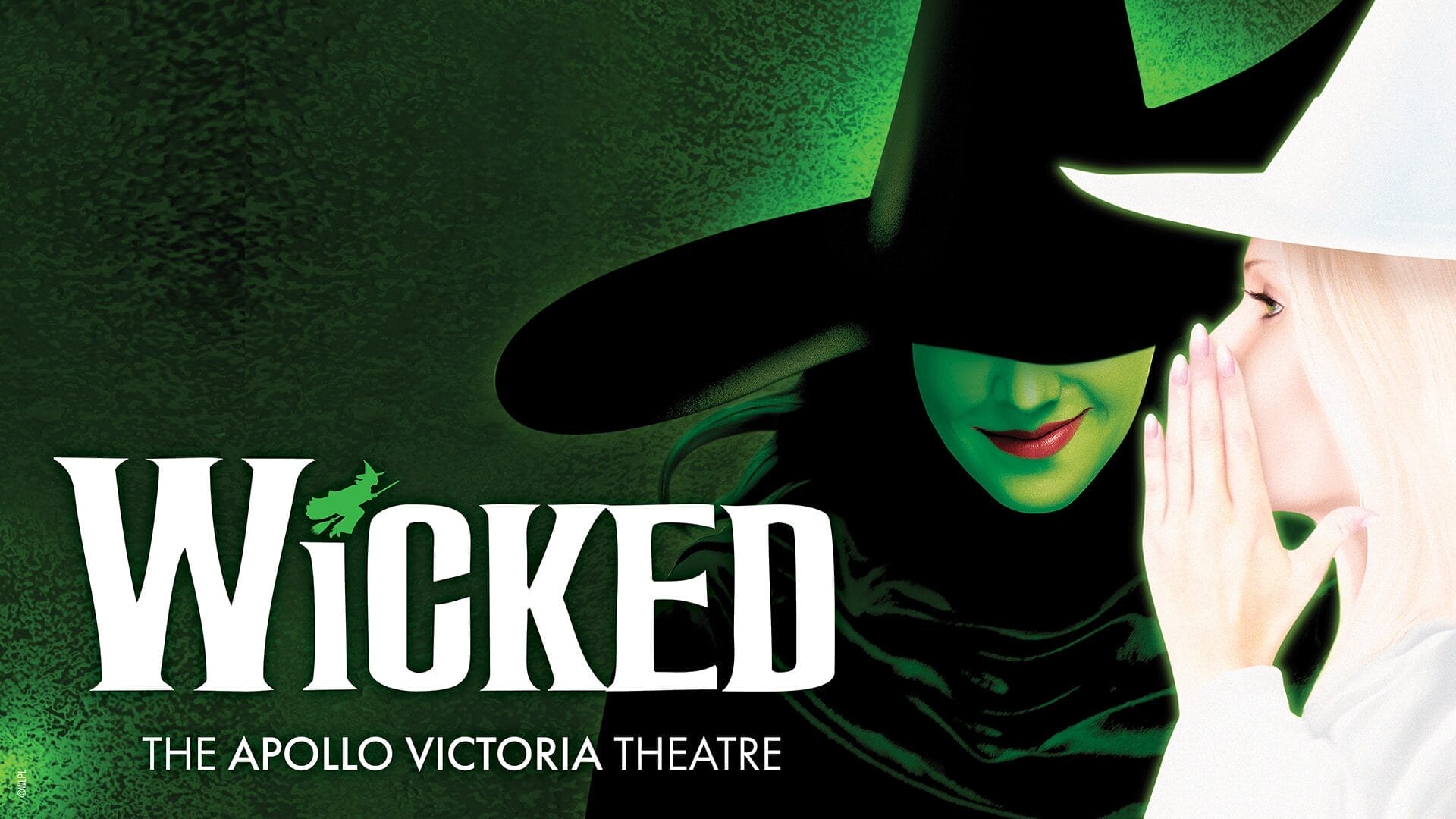 With Putin’s finger hovering dangerously over Russia’s nuclear deterrent, Dennis Kelly’s 2005 play, After The End takes on a terrifying new relevance. This revised version, now playing at Theatre Royal Stratford East, strikes just as chilling a note as it did when it was first performed in the years following the September 11th attacks.
With Putin’s finger hovering dangerously over Russia’s nuclear deterrent, Dennis Kelly’s 2005 play, After The End takes on a terrifying new relevance. This revised version, now playing at Theatre Royal Stratford East, strikes just as chilling a note as it did when it was first performed in the years following the September 11th attacks.
In this two-hander, directed by Lyndsey Turner, Mark has rescued his co-worker Louise following a nuclear explosion. They now find themselves cowering in the cold war bomb shelter that was conveniently still buried in the garden when Mark purchased his flat. His co-workers had laughed that, of course, only Mark could buy a property that came with a bomb shelter, and only Mark could be keeping it replenished with supplies. But it looks like Mark is the one that’s laughing now.
But still, the food, water and gas won’t last forever, so the pedantic Mark has a system to ration the supplies, to protect both himself and Louise. Within days it becomes apparent that if Mark and Louise have survived a nuclear blast, they may not survive being confined with each other.
Mark begins to morph from the mild-mannered geek to something far more dangerous, exercising coercion and control over Louise. When she refuses to play Dungeons and Dragons, he begins to limit her access to food and water, and the image of a sociopath begins to appear.
But Kelly’s After The End twists and turns, the balance of power shifts back and forth and the audience, like Louise, start to question what is real and what is simply Mark’s fantasising. Physical and sexual violence sit beside taught moments of silence that up the ante for the audience, keeping us all on a psychological knife-edge.
For two-handers to really work, it’s important that character development is at the core of the play, and Kelly doesn’t disappoint here. We see Louise’s strength ebb away only to return when it matters most, but we also get to really examine Mark, the lonely outcast that has felt subjugated by his colleagues and never felt like anyone really understood him.
This slightly extended, revised, version gives these key character traits space to breathe, and Lyndsey Turner’s direction is a masterclass on how to take full advantage of an excellent script to draw gasps from a thoroughly gripped audience.
Amaka Okafor gives Louise the confidence required for the role, but also emphasises the character’s vulnerability. There are moments when Okafor need say nothing at all, a facial expression or movement of the eyes is sufficient to tell us all we need to know.
Nick Blood gives a truly incredible performance as Mark. Disarmingly charming, not only at the beginning, but even later, when we know more about the character, it’s difficult to separate the mild-mannered reprographics assistant from the disturbed individual that emerges.
Kelly splits the play into four parts; Beginning, Middle, End and After The End, with each section feeling markedly different from the last. Peter McKintosh’s design is simple enough, as a cold war bunker should be, but reveals a surprise for the final section. Tim Lutkin’s lighting and Tingying Dong’s sound design help to create the ominous sense of foreboding that permeates the entire production.
Dennis Kelly’s After The End is a strikingly clever piece of drama which keeps the audience guessing throughout. Lyndsey Turner’s production explodes with an intensity that will raise the heartrate of any audience member, and Nick Blood and Amaka Okafor’s performances are amongst the best you’ll see on stage this year.
After The End is at Theatre Royal Stratford East until 26th March






















Comments 2